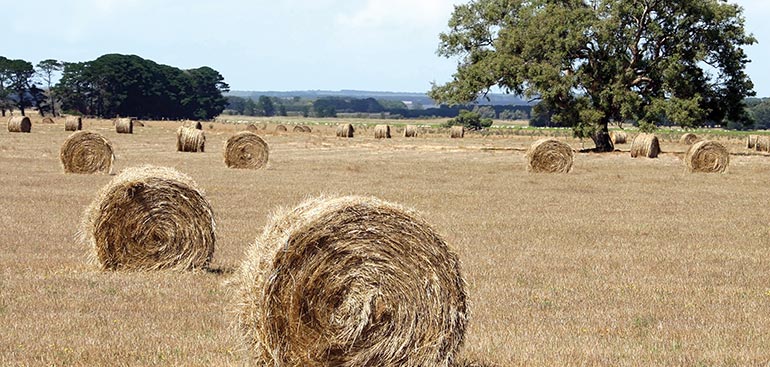
The Government has announced that any introduction of the “backpacker tax” will be deferred from 1 July 2016 until 1 January 2017. In recognising the backpacker tax could adversely impact the rural sector, the Government, has said the tax will be reviewed as part of a broad review of workforce shortages faced by agricultural and tourism industries. If re-elected the Government will establish an inter-departmental review into 417 and 462 Labour Visas and report by 14 October 2016, therefore allowing any changes to the backpacker tax to be introduced by 1 January 2017.
The backpacker tax was originally announced in the 2015-16 Federal Budget and automatically treated backpackers as non-residents for tax purposes thereby removing the tax free threshold for overseas working holidaymakers in Australia. This would mean backpackers would pay 32.5% tax on the first dollar earnt. It has received strong criticism from the agricultural and tourism sectors which rely heavily on transient workers. The tax was expected to raise $540 million for the Government over 3 years.
One questions the significant impact of the backpacker tax given that on the whole most true backpackers are unlikely to qualify as residents and therefore should not have the benefit of the tax free threshold. It then comes down to what should employers do, should they accept a backpacker is a resident if that is what he/she has marked on their employment declaration, or enquire further about their living arrangements and plans while in Australia. It highlights the complexities which exist when hiring overseas staff and any formal review is welcomed to provide certainty to Australian employers.
